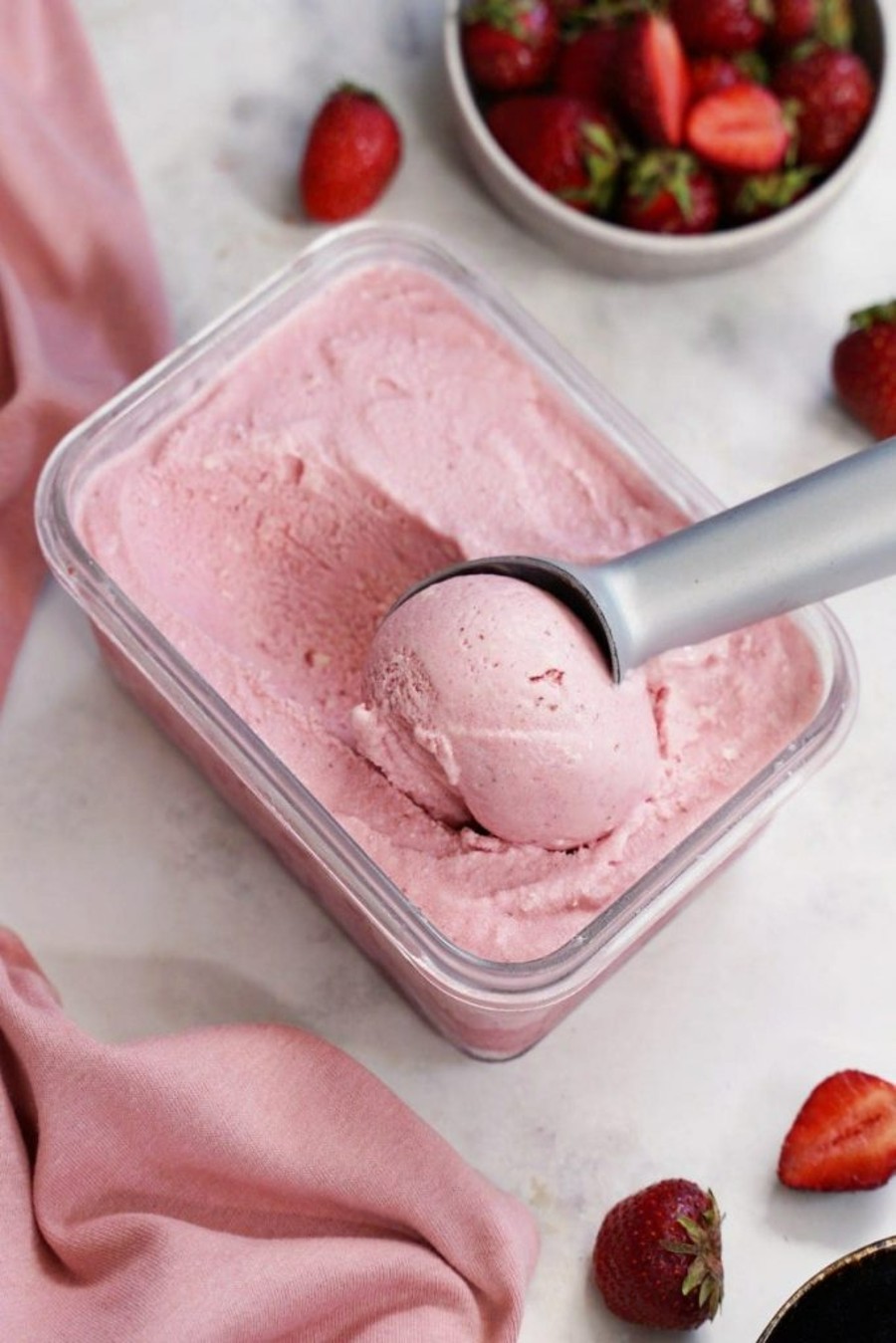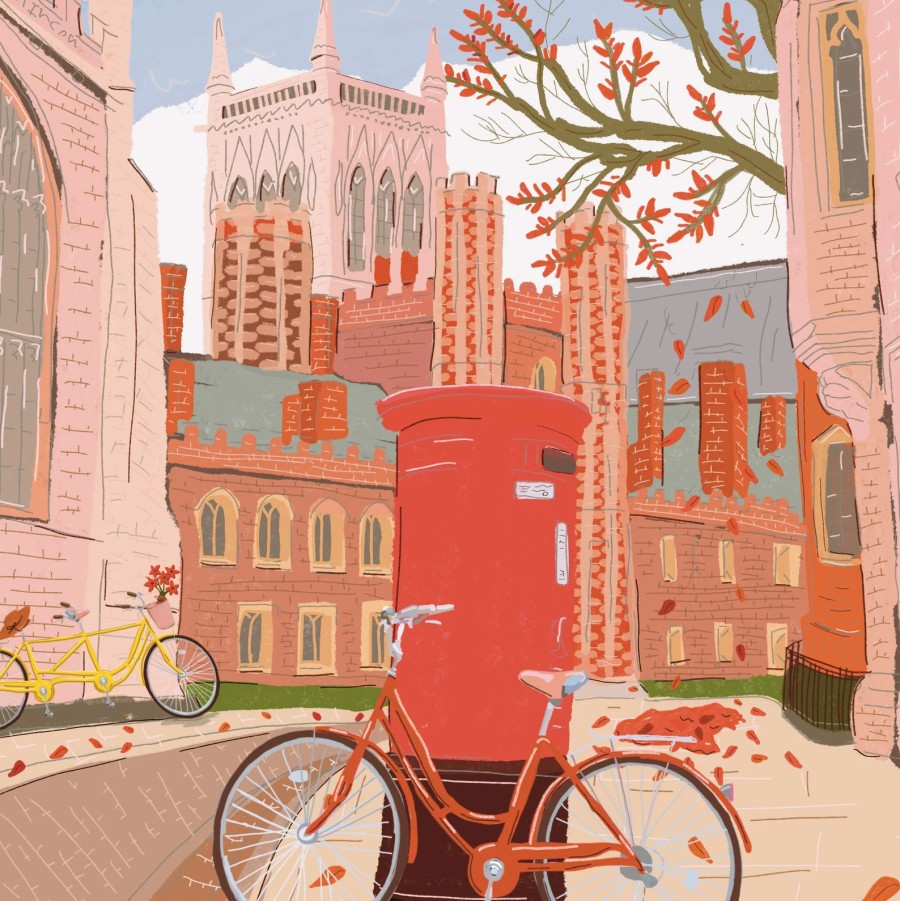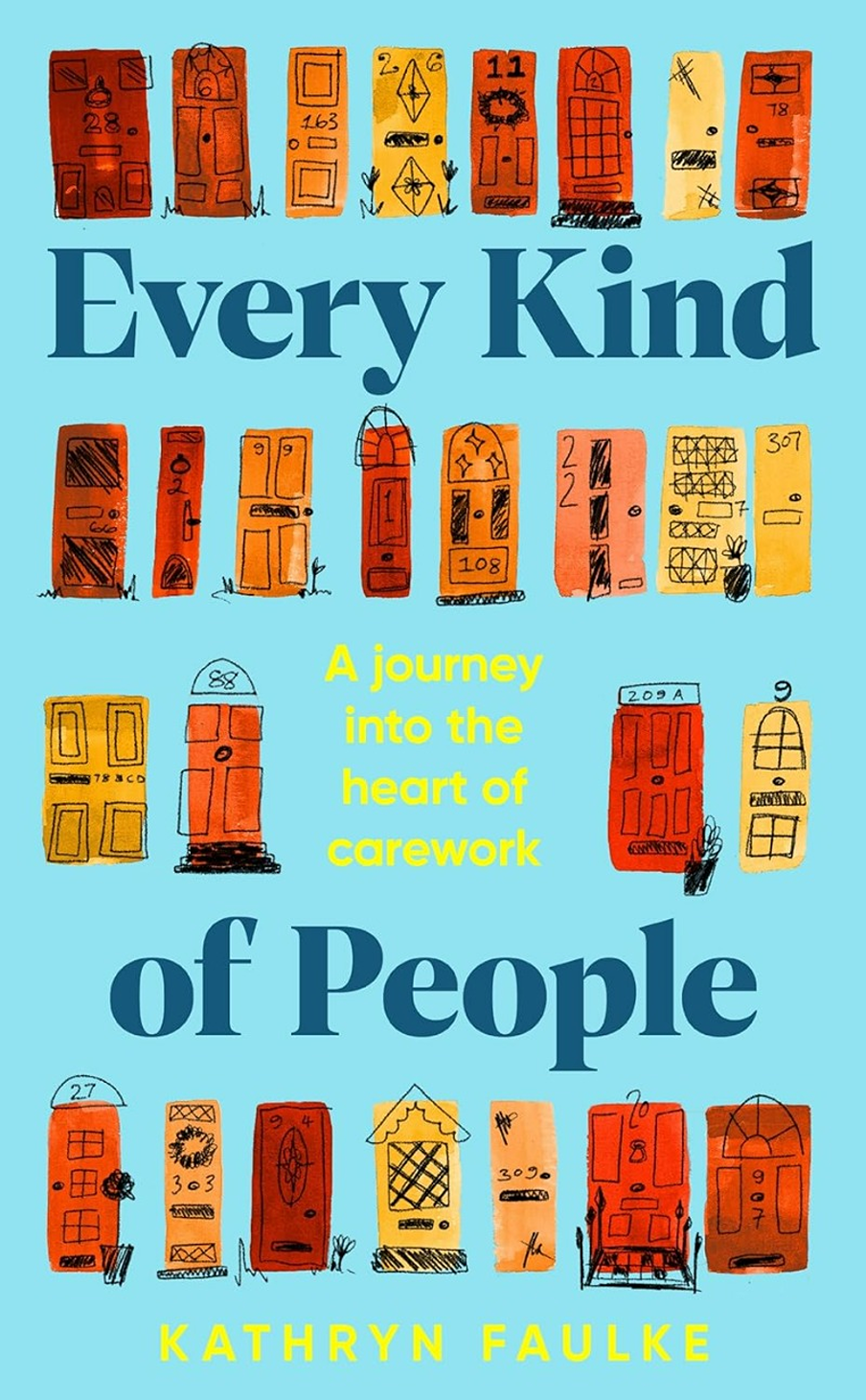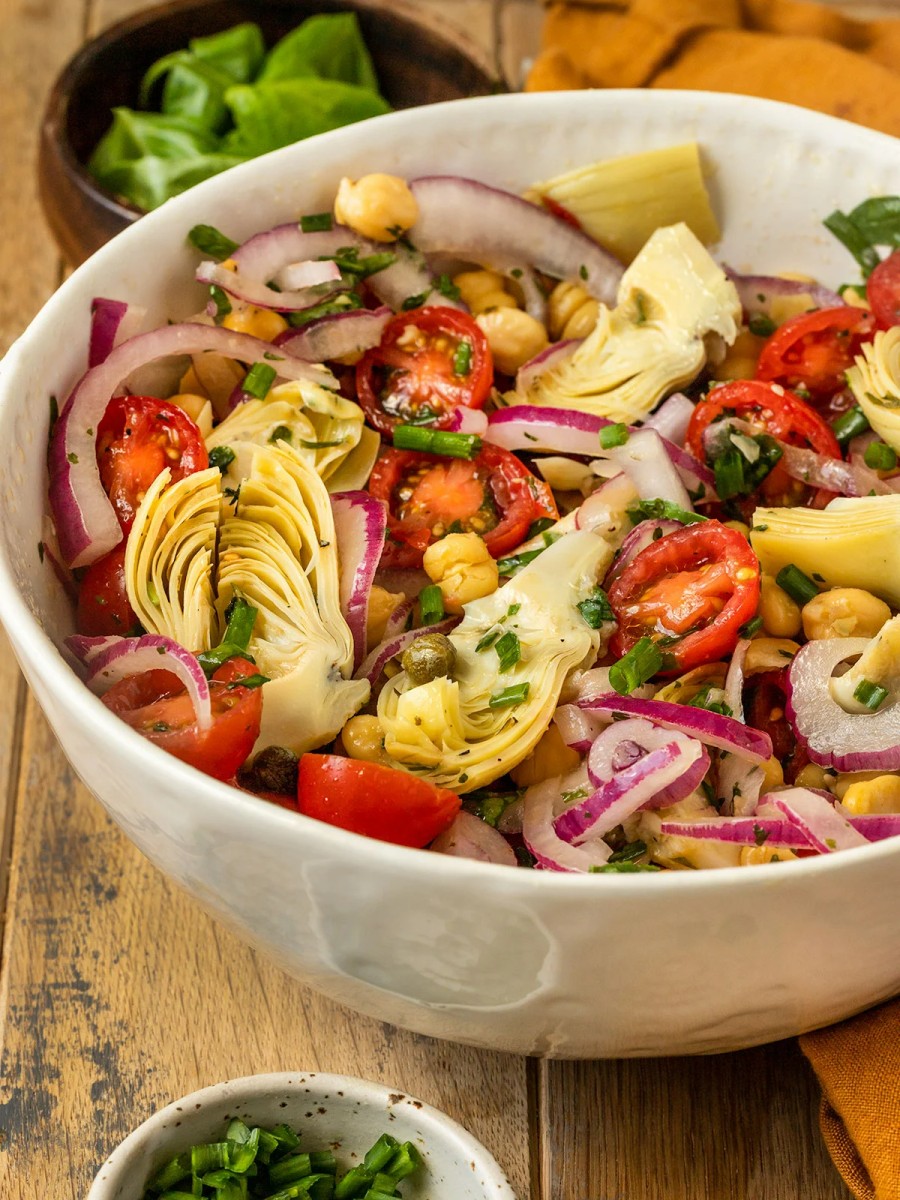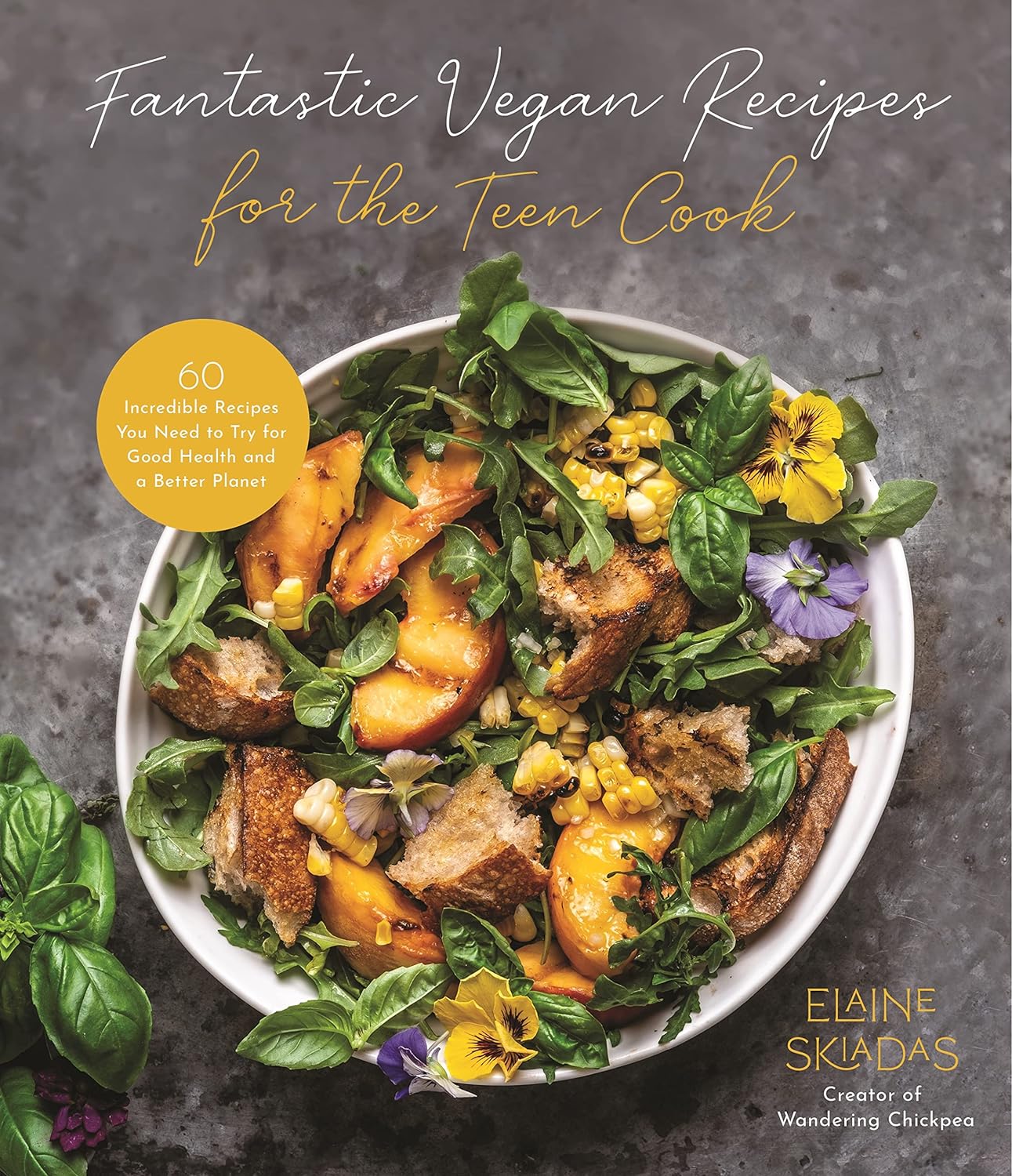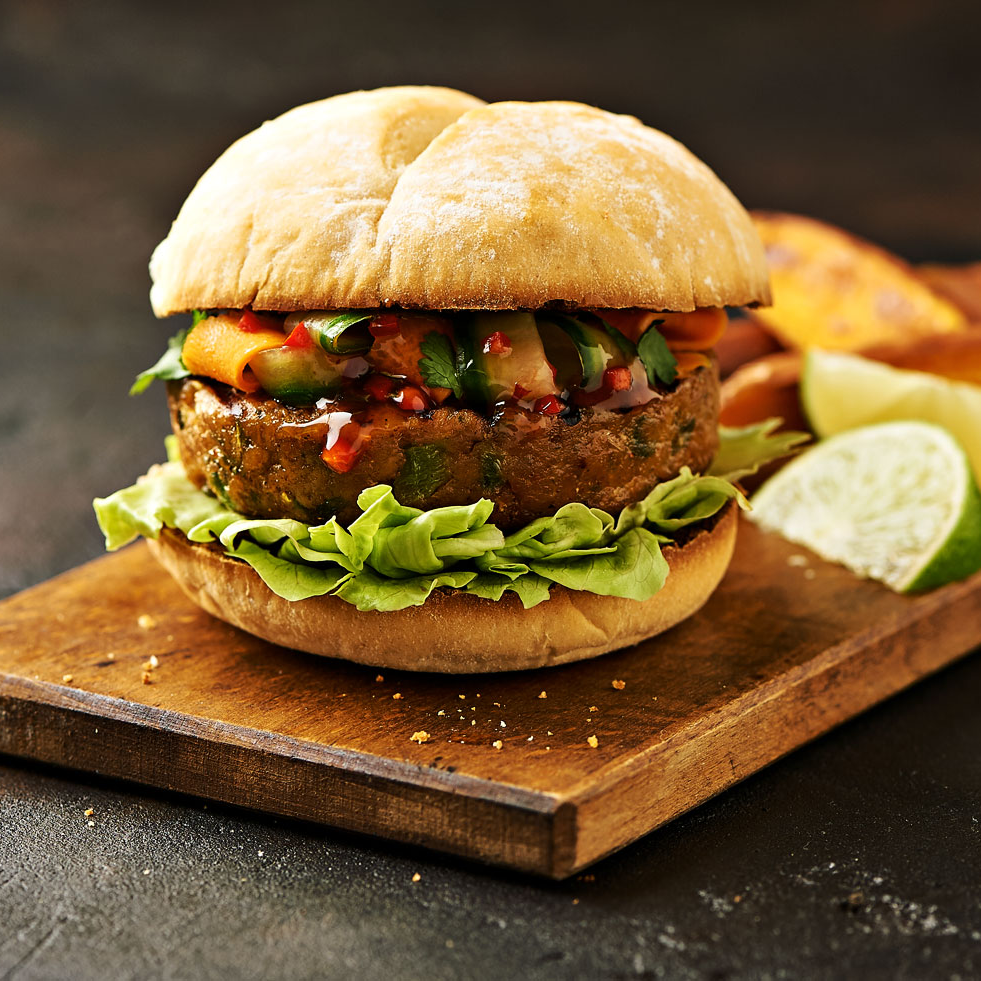
The Devil’s Kitchen is a fresh company that offers plant-based food (with no palm oil) for school meals, caterers and football clubs. The meals are made in a Gloucestershire vegan facility, and free from the 14 major food allergens (and also free from soy). Sold in compostable case liners and FSC-certified boxes, they also contain no air-freighted ingredients.
Avoid nuts for young children. Read up on food safety for people & pets (many human foods are unsafe around animal friends).
This company was founded by Dale Vince, an eco-entrepreneur who founded the companies Ecotricity (a vegan green energy company that does not burn animal carcasses to generate energy – it’s also learning to make gas from grass!), Ecotalk (a mobile phone network that offers affordable tariffs run on green energy, with profits helping to protect land for wildlife and birds) and Forest Green Rovers (the world’s greenest football club, with organic cotton kits, vegan football boots and a stadium powered by green energy).
Dale Vince bought the football club in 2015, and many people were not happy when he got players to eat vegan food before matches. But when they started winning, the mood changed and now spectators also eat the same food themselves, which was the beginning of the idea for this company, to help provide similar meals for other football clubs and then catering for schools, colleges and universities.
The range is designed to be ‘people-friendly’. No mung bean salads and the like, the popular range of meals are all high in potein (nothing is fried) with hand-picked ingredients. includes:
- Shiitake mushroom burgers
- Jamaican jerk burgers
- Spicy vegan balls
importance of healthy school meal choices
It’s a legal requirement for schools to offer plant-based meals to those who request them, and of course many children (especially those of African-American heritage) are lactose-intolerant. The issue is that some caterers are simply lazy and offer up vegan versions of ‘chips, beans and nuggets’ which are not just tasteless, but not as nutritious as fresh seasonal foods. Some MPs have complained that offering plant-based meals is harming the livelihoods of farmers. But of course this is nonsense. ‘Junk school food’ does not come from local small farmers, but rather big factory-farmed companies. And sourcing local fresh organic ingredients is far better for the local economy, as well as the health of children (and obviously better for animals and the environment).
In Sussex, Our Lady of Sion is the first (independent) school in England to transition to plant-based meals, partnering with local company Plant-Based School Kitchens. All food is freshly prepared with a six-week menu, even linking themed meals to curriculum projects (children are free to bring packed lunches if wished, to avoid accusations of ‘forcing children to be vegan’). However since launch, most children of all dietary persuasions are opting for the school meals. The headmaster also uses the meals to teach food-related issues of sustainability, Fair Trade and clean energy.
Across the pond, California’s MUSE Global School not only serves plant-based food to students, but teaches them to grow their own food in raised beds, via an innovative Seed to Table program. This helps children to understand where their food is coming from (unlike a recent survey found that some children thought cheese was from plants, fish-fingers came from chickens or pigs, and tomatoes grew underground!).
If growing food for school gardens, make gardens safe for pets (includes indoor plants to avoid). Avoid facing indoor foliage to gardens, to help stop birds flying into windows.
surveys on what children know of food
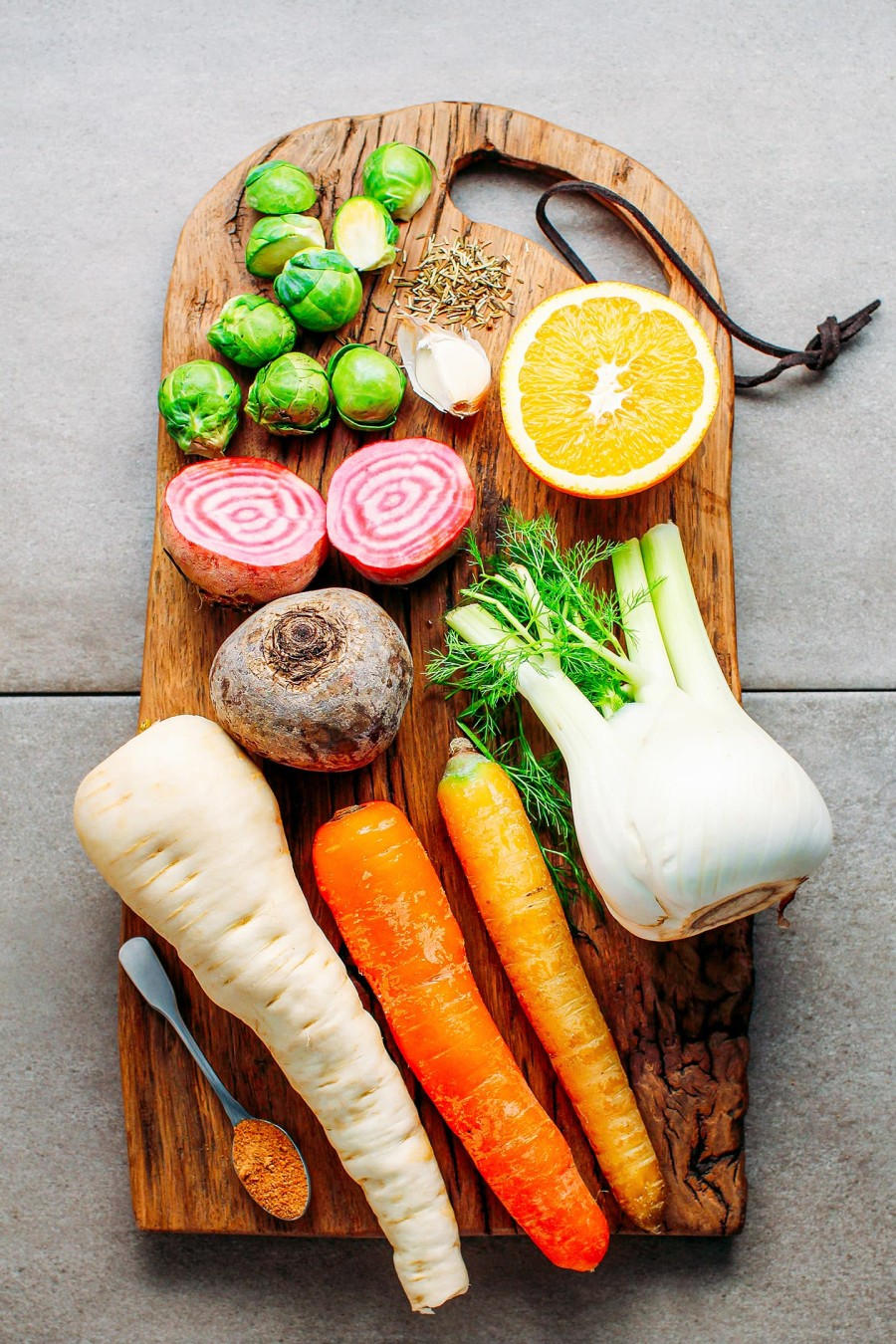
The worrying thing about children being raised on ready-meals and fast food, is that often they have no idea on where our food comes from. That’s why growing food in school gardens is a good idea, as well as educating on local seasonal foods to eat. A genuine survey by British Nutrition Foundation found the following disturbing answers amid primary school pupils:
- A third thought cheese was made from plants
- 25% thought fish fingers were from chicken or pigs
- A third of younger children thought pasta & bread were made from meat
- Almost 20% of younger children did not know potatoes grew underground. 10% thought potatoes grew on trees!
Yet nearly all children know that we’re supposed to eat at least ‘five-a-day’ showing that the information does get through, if campaigns are run well. But (wrongly), 20% of children thought canned versions don’t count (they do – a can of peas is fine if you can’t find fresh). Many children also skipped breakfast, often due to poverty. This not only is bad for health, but also means less ‘brain fuel’ as studying.
Years ago, all schools offered cookery classes, but these seem to have fallen by the wayside for state schools. Yet just like first aid and swimming, learning to cook (and budget) are essential skills that should be up there with maths and English. Learning how to make a meal with fresh ingredients (and knowing how to balance a tiny income) is far more important than using a protractor to estimate the angle that a triangle goes up against a wall.
helping children who cannot afford to eat
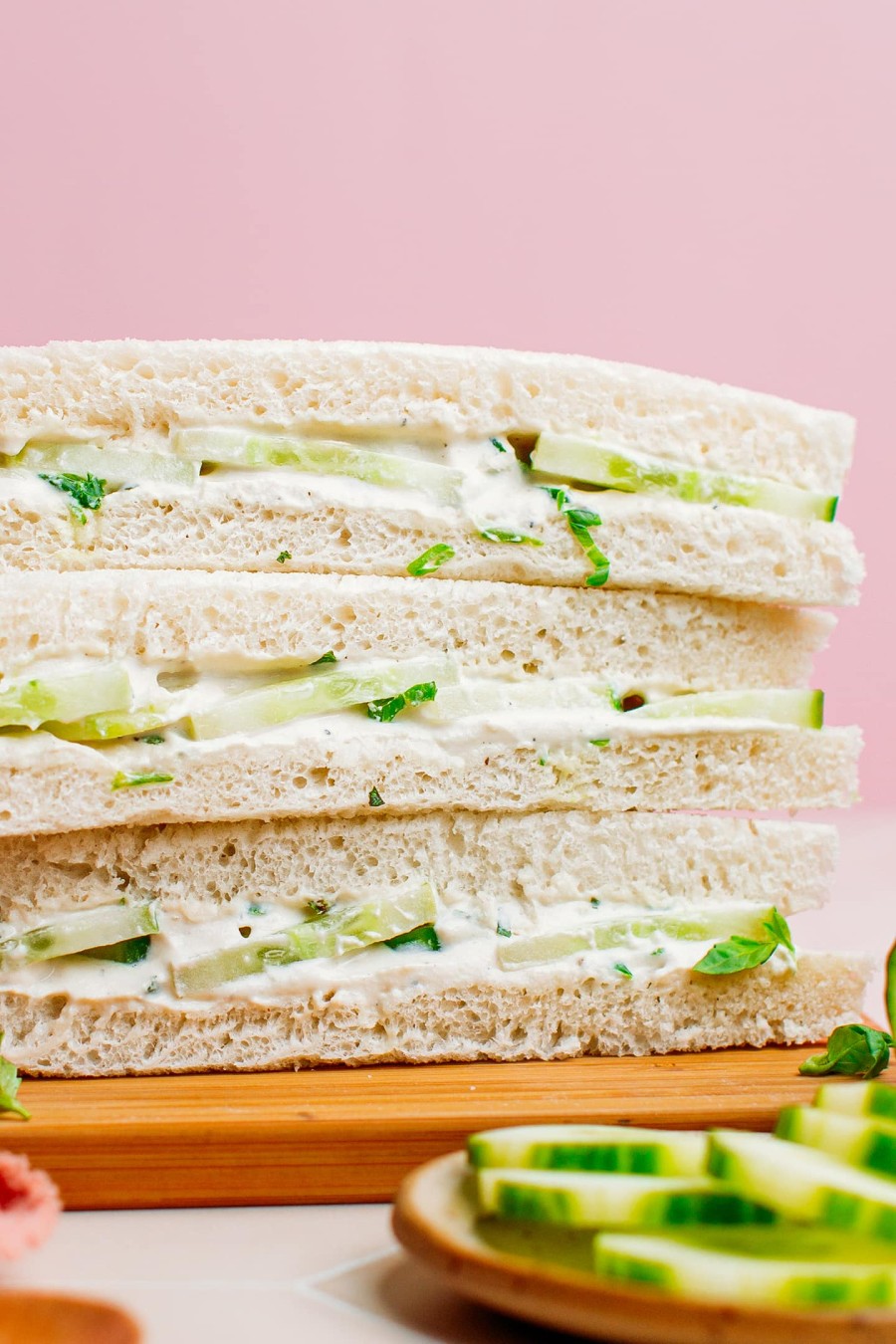
If your child qualifies for free school meals based on low income, this kicks in other goodies like the Holiday Activity & Food Program (which includes clubs for arts, sports, drama and music) and possible food vouchers from your local council. If you receive Universal Credit, you can also apply for Healthy Start Vouchers which can be used to buy fresh, frozen or tinned fruits and veggies (or fresh, dried or tinned pulses). There is some controversy as the vouchers can also be used to buy cow’s milk (but not plant milk) which not only discriminates against vegan children, but also those with lactose intolerance and allergies.
One worrying concern is that the government appears to be off-loading its responsibilty of feeding the nation’s children (learning nothing about the total embarrassment when they had to admit that a top footballer knew more than them about the right way to feed poor children during the pandemic) over to big business. Instead of hiring independent nutritionists, it is consulting with LEON fast food restaurant over school meals and leaving Greggs (who make tasteless vegan sausage rolls with palm oil) to run most of England’s free breakfast clubs.
You likely remember a few years back of Jamie Oliver’s gallant campaign to get Turkey Twizzlers off school menus. The bad news is that they’re back in a ‘new formula’. The Children’s Food Campaign says that thought the new versions have more (factory-farmed turkey), the twizzlers are still ultra-processed. It says if you’re going to feed your child turkey, stick to free-range turkeys with fresh vegetables.
It gets quite depressing (when most people are trying to ban factory farming) that they returned due to an online petition that brought over 27,000 signatures (don’t people have better things to do?) This is similar to another online petition that asked McDonald’s to bring plastic straws because the ‘paper ones go soggy in our McFlurries’. We have a long way to go.
Children going hungry is not a new problem. One former teacher got in touch to say they had found a 10-year old boy stealing sweets from the desk a few years back. When asked why, he said neither he nor his 8-year old sister had eaten for three days. The teacher took them to the canteen for a fre meal. Many parents on low incomes skip meals to feed their children. Demand increases for food banks during holidays, when parents who relied on school meals to provide hot lunches now need to provide another 4 meals a week. The Trussel Trust states that one in 3 emergency food parcels go to children. Jack Monroe (food poverty campaigner)
In contrast, one Tory MP recently said that there was ‘not a massive need for food banks in the UK’ as people cannot cook properly from scratch and cannot budget’. To note, the basic salary of an MP is around £86K before perks. He may be unaware that in order to use a food bank, you have to nearly always supply a letter from your GP or other official like a social worker. You can’t just ‘roll in’ with bad budgeting skills and help yourself to donated food.

